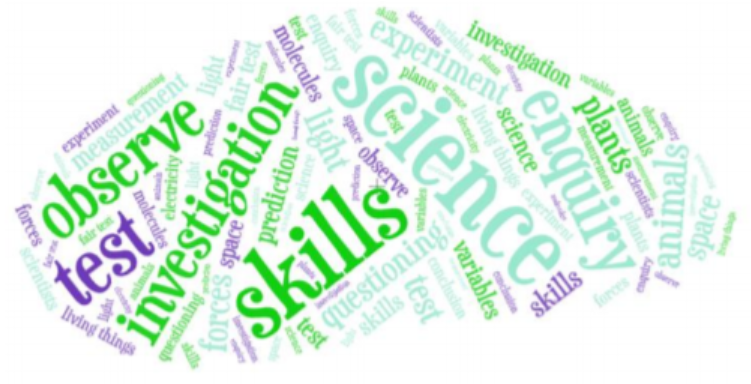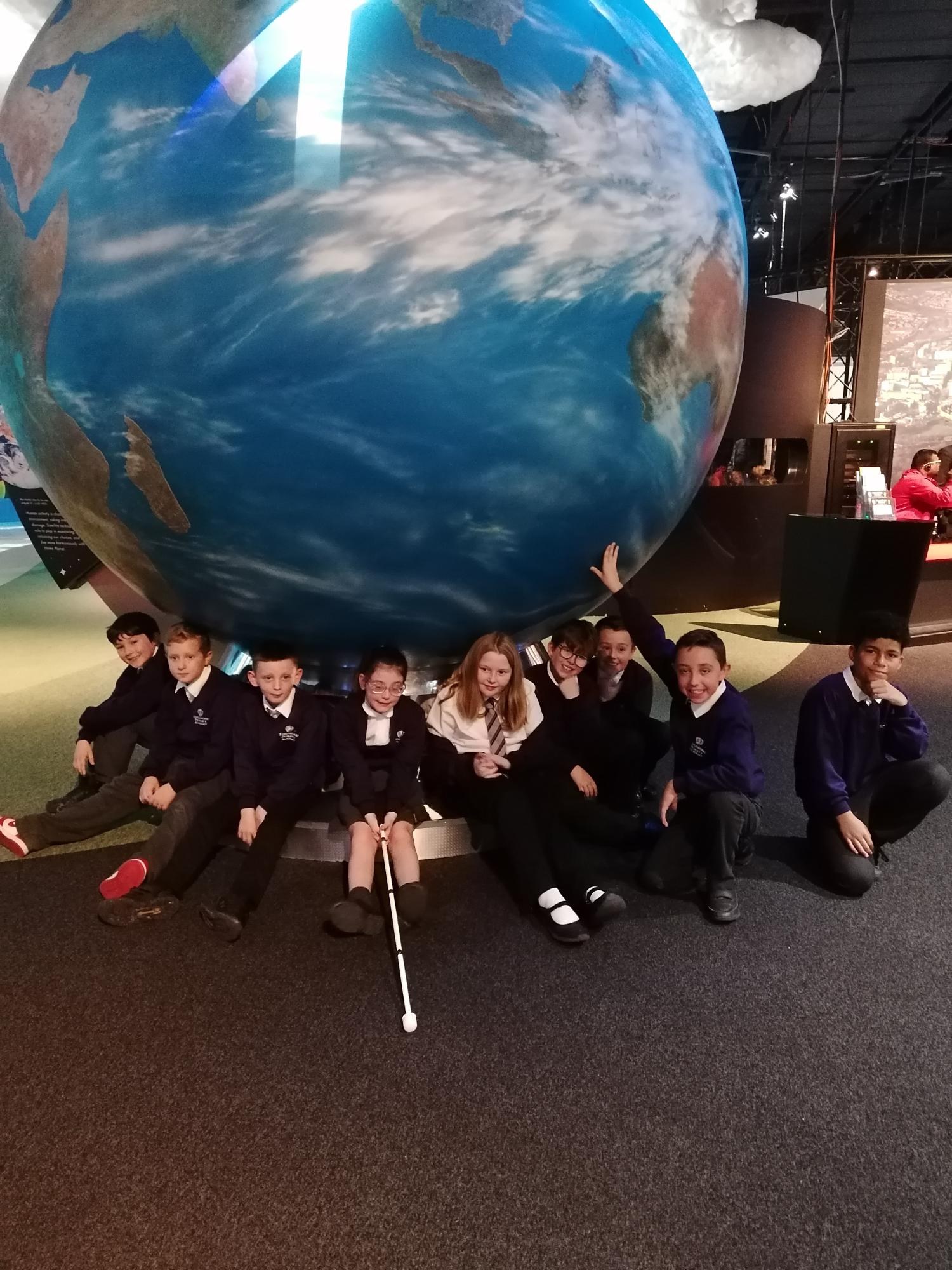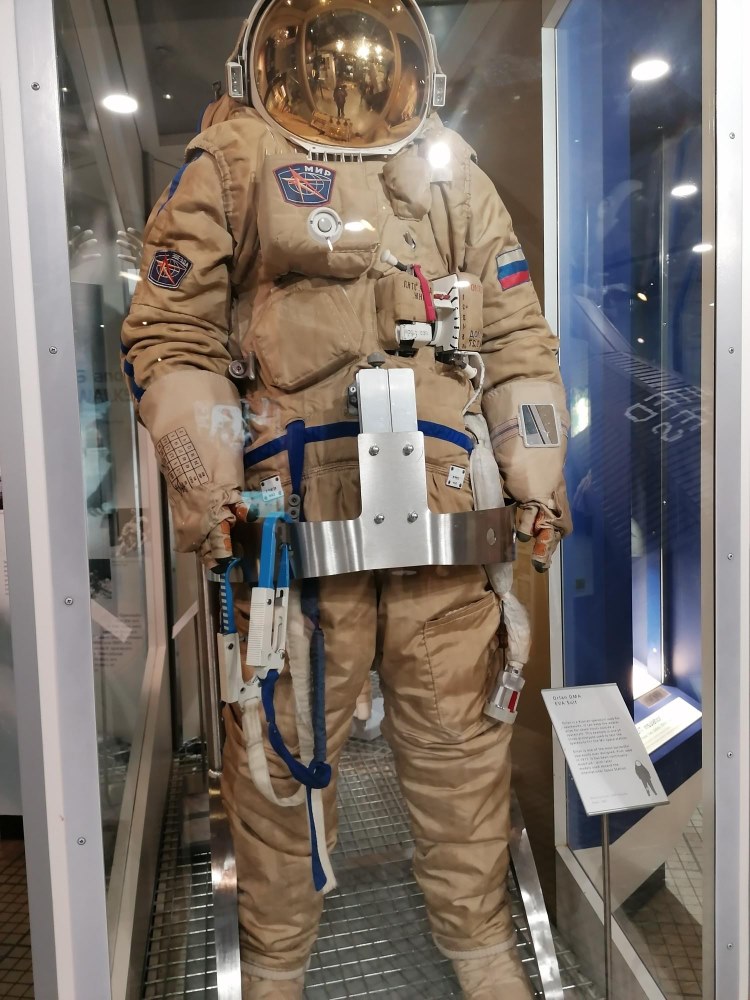Science

At Kingswood Primary Academy, our science is delivered through a dynamic, progressive programme called Kapow Science. This programme is packed with inspirational resources, designed to deliver outstanding science throughout our school.
 Intent:
Intent:
Kingswood Primary’s Science curriculum aims to develop a sense of excitement and curiosity about natural phenomena and an understanding of how the scientific community contributes to the past, present and future. At Kingswood Primary Academy we want our pupils to develop a complex knowledge of biology, chemistry and physics but also adopt a broad range of skills in working scientifically and beyond. The scheme of work is inclusive and meaningful so all pupils may experience the joy of science and make associations between their science learning and their lives outside the classroom. Studying science allows pupils to appreciate how new knowledge and skills can be fundamental to solving arising global challenges. The curriculum aims to encourage critical thinking and empower pupils to question the hows and whys of the world around them. Our Science Curriculum encourages:
● A strong focus on developing knowledge alongside scientific skills across biology, chemistry and physics.
● Curiosity and excitement about familiar and unknown observations.
● Challenging misconceptions and demystifying truths.
● Continuous progression by building on practical and investigative skills across all units.
● Critical thinking, with the ability to ask perceptive questions and explain and analyse evidence.
● Development of scientific literacy using wide-ranging, specialist vocabulary.
 Implementation:
Implementation:
Our Science curriculum is progressive from Reception through until the end of Key Stage 2. It is based upon the 2014 Primary National Curriculum, which provides a broad framework and outlines the knowledge and skills and taught in each Key Stage. We use Kapow Science as a starting point, to help build our curriculum. Lessons incorporate various teaching strategies from independent tasks to paired and group work including practical, creative, computer based and collaborative tasks. Lessons are engaging, fully inclusive and appeal to pupils with different learning styles. Adaptive teaching is used to ensure all pupils can access learning and opportunities to stretch or support pupils learning are planned as required. Knowledge organisers for each unit helped to identify prior and future curriculum links to science. Teaching focuses on enabling children to think as scientists, delivered by staff with a strong subject knowledge. Classroom environments reflect the topic the children are learning, which then immerse the children in relevant vocabulary as well as visual stimulus for their learning.
The impact of Kapow Primary’s Science scheme is constantly monitored through both formative and summative assessment opportunities. Our Science Curriculum identifies the following key strands:
● Scientific knowledge and understanding of: Biology: living organisms and vital processes; Chemistry: matter and its properties; Physics: how the world we live in ‘works’.
● Working scientifically: processes and methods of science to answer questions about the world around us.
● Science in action: uses and implications of science in the past, present and for the future.
 Impact:
Impact:
We measure the impact of our curriculum through the following methods:
- Assessing children’s understanding of topic linked vocabulary before and after the unit is taught.
- Summative assessment of pupil discussions about their learning.
- Images and videos of the children’s practical learning.
- Interviewing the pupils about their learning (pupil voice).
- Annual reporting of standards across the curriculum.
- Marking of written work in books.





